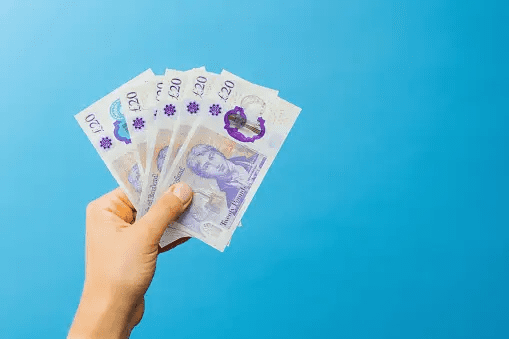People in the UK are becoming more positive about their own finances but are getting increasingly worried about the state of the national economy. Falling inflation, lower interest rates, and a stable government have brightened the outlook of people’s personal finances. At the same time, there is still pessimism regarding the economy as a whole, even in the face of certain encouraging economic data.
UK consumers show optimism about their own personal finances but are less confident about the country’s broader economic health. According to a survey, people are said to be divided in their optimism on two fronts: their financial situation on one hand, and the national economy as a whole on the other. A recent survey goes to show this very point.
Why Mixed Feelings?
The upbeat mood over personal finance is being caused by some key changes. Inflation—the rate at which prices of goods and services are increasing—has been falling. To people, it means that prices stabilize. Moreover, the Bank of England has voted in favor of cutting interest rates for the first time since 2020. If interest rates are low, it is cheaper to borrow money—for instance, money for a mortgage—which might make people feel better off. Finally, July saw some political stability with the general election, which generally makes people feel more secure.
The Survey Results
A survey conducted by GfK, covering 2,000 adults, considered the views regarding people’s expectations about the UK economy in the next year, which have slightly fallen. The score dropped from –11 in July to –15 in August. This would be the first time in six months that people are less confident about the national economy.
On their own financial situation, however, things are a bit rosier. The score for personal financial expectations went up from +3 in July to +6 in August. That is to say, while people are still gloomy about the broad economy, they are more positive about individual financial prospects.

Linda Ellett of KPMG, a business that analyzes consumer trends, outlined for me why this may be the case. “With inflation becoming more stable, interest rates being cut, and the election bringing some political certainty, consumer confidence is slowly improving.” But she also said that while there has been a boost to retail sales in July, spending by households remains unpredictable.
Mixed Economic Signals
These findings emerge against the backdrop of some improved official figures in the outlook for the UK economy. For instance, retail sales increased by 0.5% in July from a decrease of 0.9% in June. Gross domestic product—GDP, which measures total value in production of goods and services in the country—also rose by 0.6% between April and June.
Yet not all of the signs are positive. The number of businesses going bankrupt rose 16 percent in July from July a year ago, an increase that indicates many businesses remain mired in high inflation and borrowing costs.
Another concern for the future is that energy prices will rise and may affect personal finance towards the end of the year. With a rise in energy costs, it will therefore make it harder for people to manage their budgets.
Looking Ahead
Joe Staton, one of the directors at GfK, said the interest rate cut may have influenced people’s perceptions about their personal finances. He stated that they were observing higher consumer confidence levels on big-ticket purchases, an indication that was good news for retailers.
“The recent numbers are up from a year or two ago, so things are looking up,” Staton said. “As we move into the colder months, it’s not clear just how long this slow improvement will continue.”
Overall, though, it said people are displaying slight improvement in their views on their personal finances, but confidence in the national economy remains shaky. The consumer confidence score, which brings both measures together, remained at -13 in August—indicating that there has been an uptick in personal optimism, but concerns about the broader economy have yet to ease.

To sum up, UK respondents have been cautiously optimistic with respect to their personal finance situation but are still very concerned with the prospects of the national economy. Recent improvements in the economy, namely lower inflation and interest rates, have brightened the view on personal finances somewhat, yet hardships linger in the general economic outlook.


